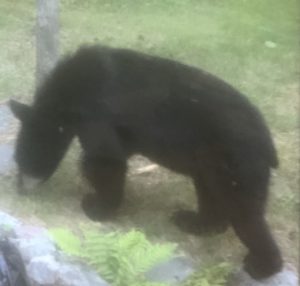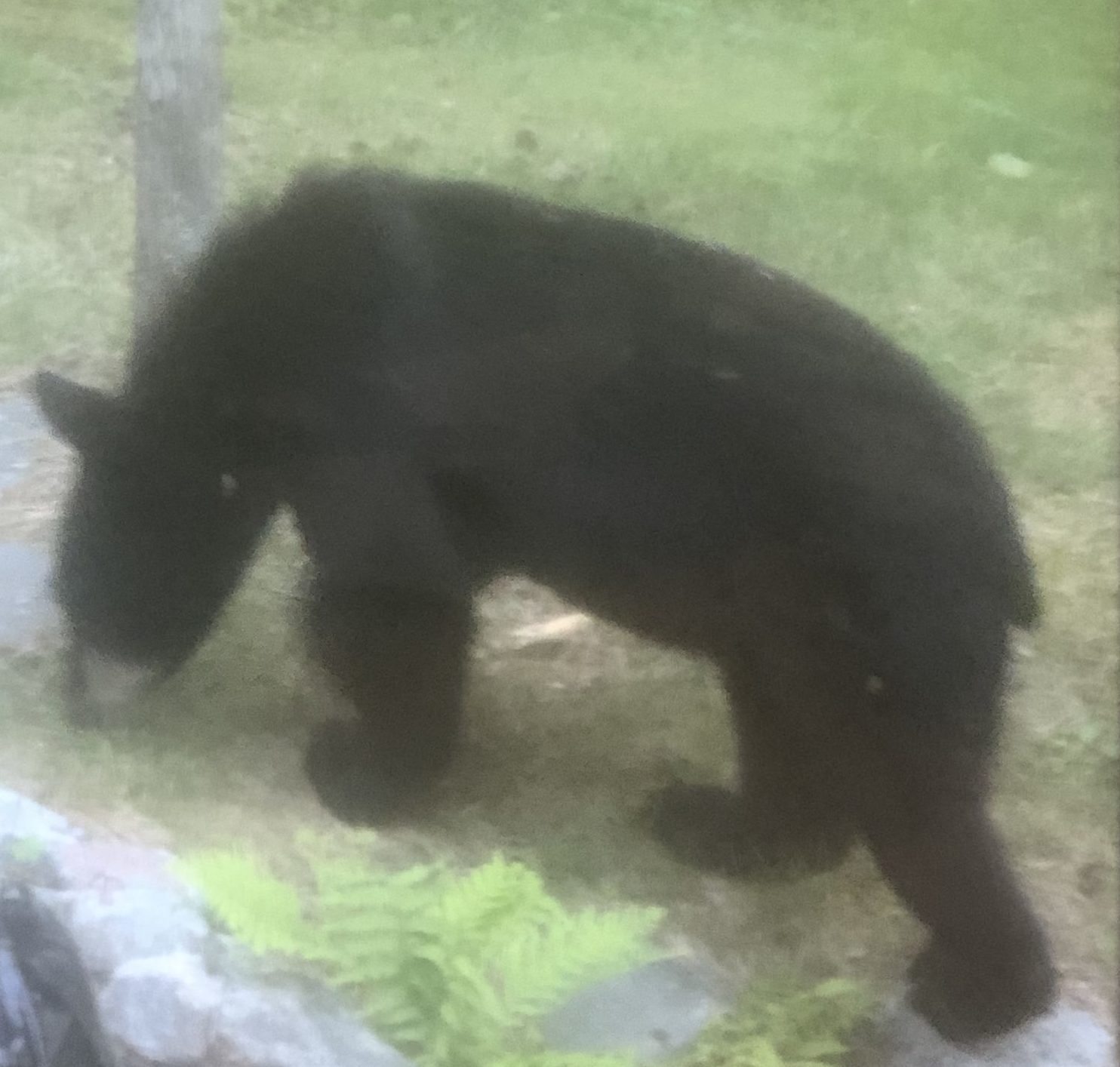I asked a class of Minneapolis College students to find and watch a wild animal (or at least to remember watching one who was wild) and then to write about that being. Many returned with writings about squirrels – not red squirrels, not ground squirrels, not flying squirrels. No. Grey squirrels. City squirrels.
I hope I didn’t say, “I asked for a wild animal, not a domesticated animal, not an invasive.”
I know that, actually, I am invasive myself, offshoot of an invader species.
I told them, “Grey squirrels were brought to Minnesota by some white woman from the East who missed those she had known in her youth. Those introduced squirrels thrived in the city. They have driven out all native squirrels who were here before.”
I felt sad even as I looked at their faces that shone with admiration for the animals they had watched and probably fed. I vowed, “I will try to love these creatures as you do.”
Do these city friends of mine get to city parks? We study by Loring Park. I urged them to sit there. They did. They fed the squirrels – especially the white one and the black one, whom they recognized as individuals.
I told them, “In a healthy ecosystem, a coyote or a fox or a raven would have picked off that white one. It has survived because people feed it, because its natural predators – to whom it would stand out like a waving flag – are gone.”
So they write about the Canada geese. I try not to cringe.
I ask them to go to Eloise Butler Wild Flower Garden, to the Mississippi River banks, to Cedar Lake. Some of them are afraid. Some have three jobs and two children.
Some go. They find birds. Mostly they do not find ground animals. Yet they find themselves.
I am left to find myself. My white squirrel self. I am here because I also have been fed. Because, where is the predator to pick off my white body and leave the native red and black and brown?
I am invasive, but I justify my life in part by thinking that I am wild. Justification is unhelpful.
At Eloise Butler, I almost ask the grounds keeper, “Do you mind if I pull the grape ivy that is crowding out that sedge?” Grape ivy: invasive and spreading. Sedge: native, quiet, crowded out. I do not ask. This park belongs to the park managers; I am a visitor.
But in the woods up north (is Superior National Forest a park?), I pull grape ivy growing by a stream where it will overcome the northern trillium. I know my pulling only postpones the inevitable.
Who, I wonder, is wild? Where shall I place my offerings of food?
Few of my college students have been to parks. A few know what I mean when I say that I grew up by a lake that flows into the BWCA. “Have you slept in a tent?” I have asked. A couple who have been camping, a few who have been houseless.
City parks close at dusk. I have gone into the woods and slept on the ground through the night, only a little afraid. The bear would run away, I knew, if I called out to her. I have also set up my tent and stayed as long as I liked.
Can my students sleep on the ground? In the city we warn the tent dweller by our urban pond when the police will come to take his home and his bags. He slips away.
This summer the bear comes to the up-north house at night. There are no berries for her in this drought. Foresters say it is illegal to feed her. She is native. She is hungry. She is wild. Where is the law against feeding grey city squirrels?

